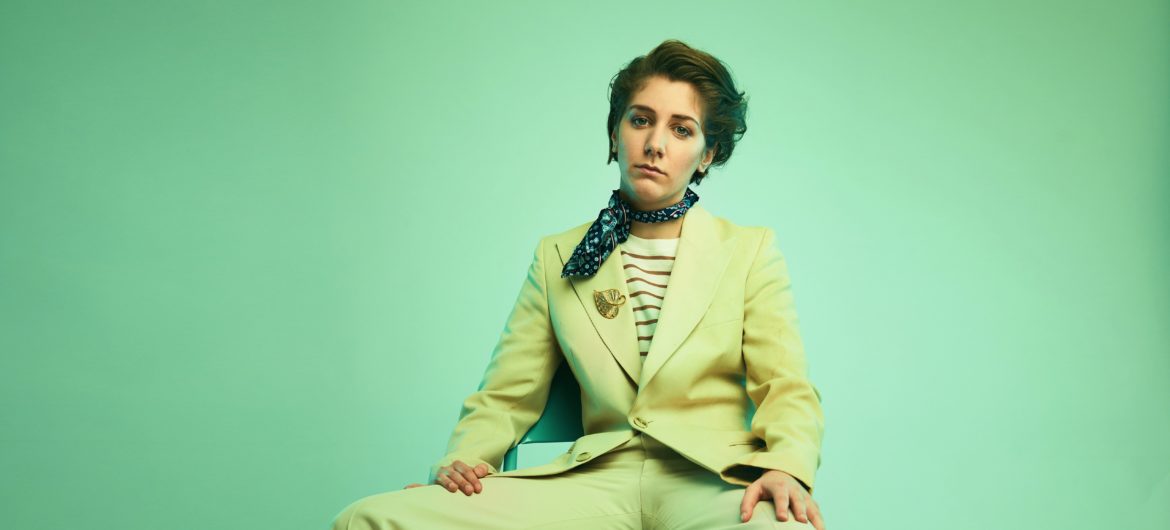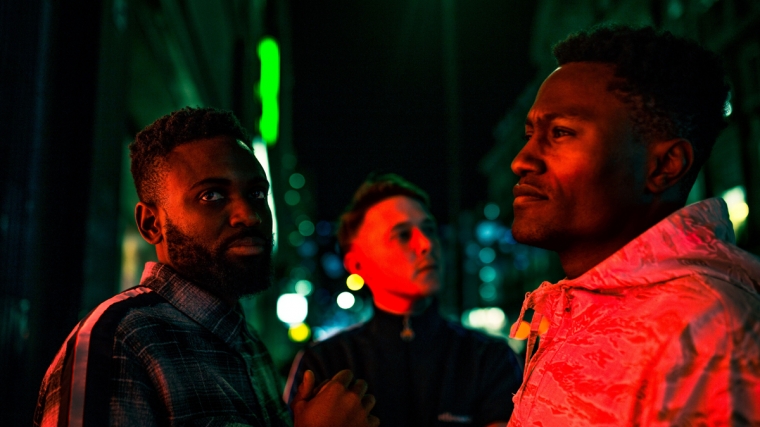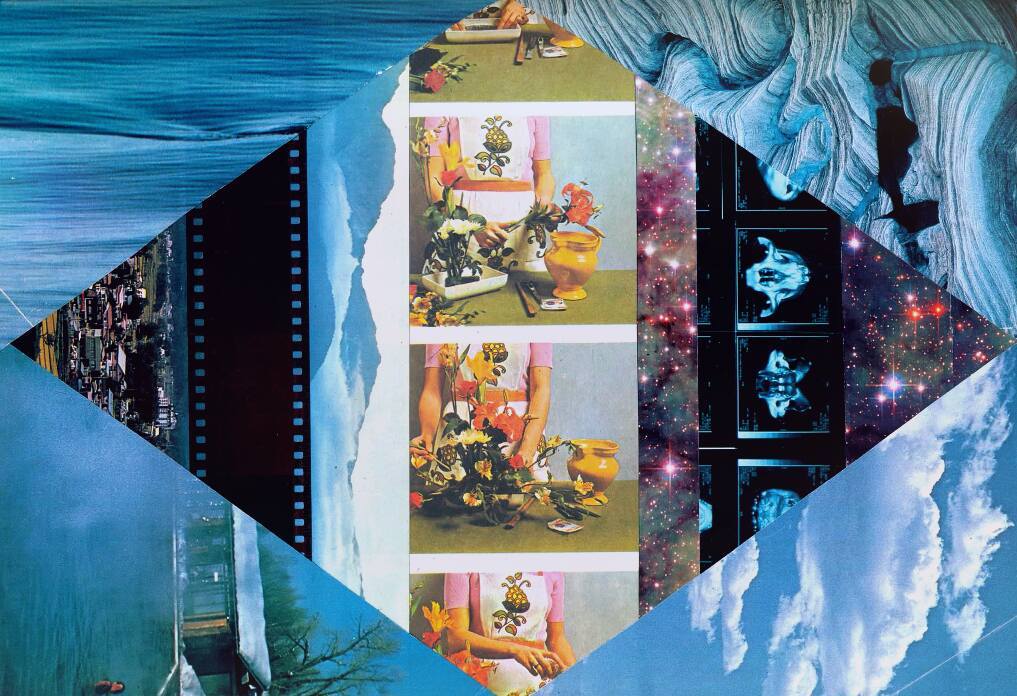I interview Sarah Keyworth on the morning of Blue Monday, January 20th. We’ve organised a phone interview and she’s scheduled to call at eleven, so I spend my breakfast preparing. I mull about the kitchen, make a coffee and butter some toast. In the background, playing from an open tab on my computer, is Sarah’s routine from the Melbourne Comedy Festival. I butter my toast at the part where she talks about throwing dildos as grenades. When I sit down and lift the coffee to my lips she talks about shotting menses. Sniggering into my mug, Nescafe drips down my laptop screen. I take to the sofa for Sarah to call, and the phone buzzes promptly at eleven.
Softer than her stage persona, the voice I speak with is not a tough period-drinker, but the voice of one approaching its decade’s first tour. Sarah started at Soho Theatre on the 27th January, and I can tell from her tone there’s a lot on her mind. The tour is written, she tells me, blocked, rehearsed. But in addition to the approaching dates, she’s has many projects, and is spending her time currently writing her next show.
Seeming that she writes so often, I ask her how she works out her routines.
“I tend to… have thoughts and make notes, I’ll talk it through with my director and we try work out what will hit, and then I take it to the stage…” which she says, “is sink or swim”.
Sarah, like most emerging comedians, began performing at university. I assume she must have been a notable presence within these groups, which she says is “absolutely not” the case.
“I was not the best, I was not the most natural, there were some amazing natural comedians that I gigged with at university. But I was the one who refused to get a job.”
Is comedy, then, a case of hard work or natural talent?
“The thing is, you need both. If you don’t have that wit, it’s very hard to learn that, but if you… don’t keep your head down… what some people struggle with, when they’re very naturally funny… it’s a shock when they realise how much dedication and work there is.”
This is strange, I think, the notion of comedy as a thankless job. To watch a successful comedian on stage, one who has the audience in the palm of their hand, is a riot. A comedian at their best is like a rockstar, and applause, cheers, even heckles, seem demonstrative of a work with a pay-off, but Sarah reveals that this is just a fraction of the life of a comedian.
“I’m very motivated by terror…” she says, “going back to real life, embarrassing myself, being very poor again — ”
— is embarrassment not a tool for the comedian? I suggest.
“Self-deprecating comedy… you’re very much in control. I’ve had a few gigs where I’ve gotten up on stage and I’ve not been funny… You have the crowd looking at you like ‘why are you saying this?’”
And how would she have coped with this?
“Millican’s Law,” she says, obviously acquainted with it. “You have until eleven o’clock the next morning to talk about that gig and then you get on with it.”
It’s this determination, I would say, that define’s Sarah’s approach to work. She knows that bad gigs are a part of the comedians life.
“Anyone who says they have never bombed is lying, or they have no self-awareness.” She says.
All this advice should lift the spirits of budding comedians, especially as Sarah seems on a rising wave. She’ll be playing multiple London dates until the 13th of this month, and will visit us in Brighton on 17th February. If your night is free, I encourage you to go. Otherwise, Sarah can be seen regularly at Ruby Blue, in London, a popular venue that showcases some of the capital’s most seasoned performers. Catch her if you can.





